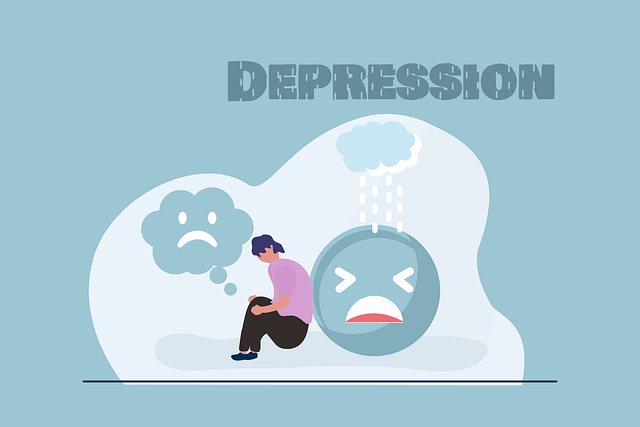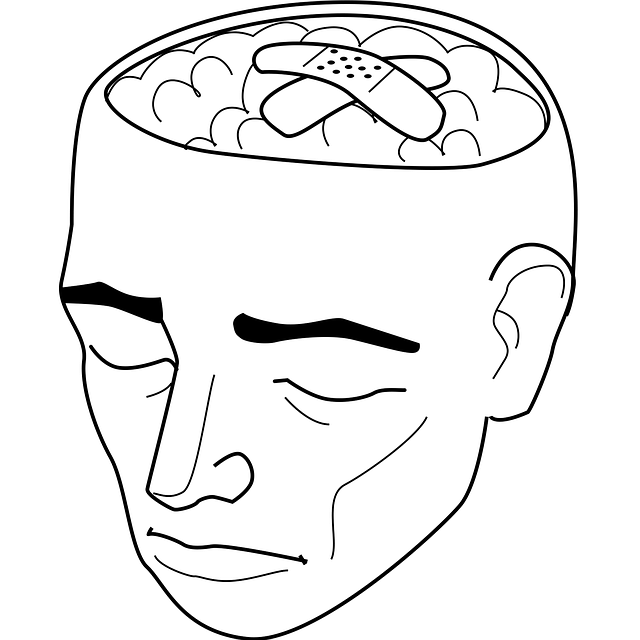Lafayette Oppositional Defiance Disorder (ODD) therapy focuses on trauma support, addressing complex emotions linked to past traumas and current stressors. Specialized therapists guide clients through emotional exploration, offering tailored strategies for stress management using evidence-based techniques like Social Skills Training. This personalized approach reduces stigma, fosters acceptance, and empowers individuals with self-care tools for long-term mental well-being, ensuring accessible and inclusive care for ODD and co-occurring trauma.
Trauma support services are vital in helping individuals heal from adverse experiences. This article explores Lafayette Oppositional Defiance Disorder (LODD) therapy as a comprehensive approach to trauma care, emphasizing the role of professional therapists. We delve into accessible and inclusive service provision, ensuring support for diverse populations affected by trauma. By understanding LODD therapy and promoting inclusive practices, we can enhance recovery outcomes and create a more supportive community.
- Understanding Lafayette Oppositional Defiance Disorder Therapy: A Comprehensive Approach to Trauma Support
- The Role of Professional Therapists in Providing Effective Trauma Care
- Accessible and Inclusive Services: Ensuring Support for All Individuals Affected by Trauma
Understanding Lafayette Oppositional Defiance Disorder Therapy: A Comprehensive Approach to Trauma Support

In the realm of trauma support services, Lafayette Oppositional Defiance Disorder (ODD) Therapy stands out as a comprehensive approach designed to address complex emotional needs. ODD is a mental health condition often characterized by persistent anger, irritability, and defiant behavior, frequently stemming from underlying trauma. By employing tailored strategies, this therapy facilitates clients’ journeys towards self-awareness exercises, helping them understand and manage their emotions more effectively.
The process involves intensive exploration of past traumas, current stressors, and maladaptive coping mechanisms. Through structured sessions, therapists equip individuals with healthy stress management techniques, essential for overcoming the challenges associated with trauma. Simultaneously, Lafayette ODD Therapy contributes to Mental Illness Stigma Reduction Efforts by fostering an environment of acceptance and empathy, encouraging clients to embrace their healing process without fear of judgment.
The Role of Professional Therapists in Providing Effective Trauma Care

Professional therapists play a pivotal role in providing effective trauma care, particularly for individuals struggling with Oppositional Defiance Disorder (ODD) in Lafayette. These experts are trained to help clients navigate complex emotional landscapes and process traumatic experiences safely and constructively. Through evidence-based practices, therapists employ techniques tailored to each individual’s unique needs. This personalized approach ensures that treatment is not only effective but also fosters a sense of trust and empowerment.
One key aspect of trauma support involves Social Skills Training, which equips individuals with the tools to interact healthily with others. Additionally, therapists facilitate Emotional Healing Processes, enabling clients to process and make sense of their experiences. By prioritizing these processes, therapists help reduce the risk of burnout, a common challenge in managing trauma. They also provide strategies for self-care, ensuring that clients can maintain their mental well-being both during and after therapy sessions.
Accessible and Inclusive Services: Ensuring Support for All Individuals Affected by Trauma

Trauma support services must be designed with accessibility and inclusivity at their core to ensure that all individuals, regardless of their background or challenges, can receive the help they need. This is especially critical when addressing issues like Oppositional Defiance Disorder (ODD) in Lafayette, where specialized therapy approaches are required. ODD often co-occurs with trauma, making it imperative for support systems to be adaptable and comprehensive. By implementing inclusive practices, we can remove barriers that might prevent those affected by trauma from accessing care, ensuring that stress reduction methods and emotional well-being promotion techniques are available to all.
Comprehensive services should focus on emotional regulation as a cornerstone of healing. This involves providing safe spaces where individuals feel understood and validated, fostering open communication, and offering evidence-based therapeutic interventions tailored to individual needs. Through these measures, we can support not just the immediate management of trauma symptoms, but also the long-term development of healthy coping mechanisms and emotional resilience.
In conclusion, trauma support services play a pivotal role in helping individuals affected by traumatic events. By integrating comprehensive approaches like Lafayette Oppositional Defiance Disorder Therapy, involving professional therapists, and ensuring accessibility and inclusivity, we can deliver effective care to all. These strategies not only alleviate symptoms but also foster healing and resilience, ultimately enriching the lives of those navigating trauma’s challenges.














